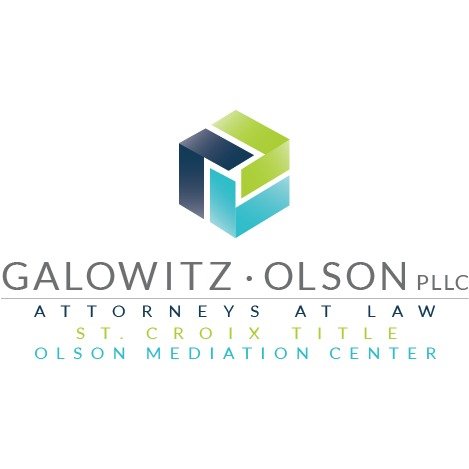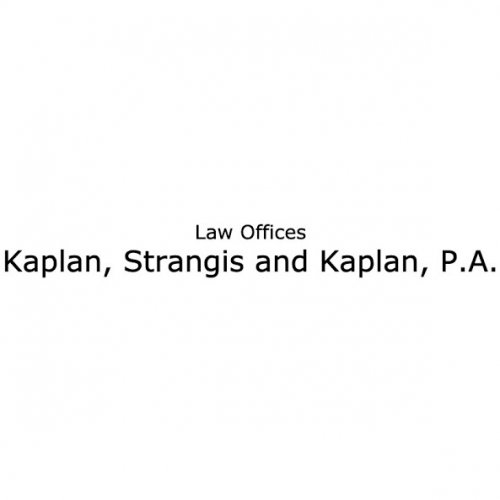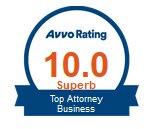Best Corporate Governance Lawyers in Minnesota
Share your needs with us, get contacted by law firms.
Free. Takes 2 min.
Or refine your search by selecting a city:
List of the best lawyers in Minnesota, United States
About Corporate Governance Law in Minnesota, United States
Corporate governance refers to the system of rules, practices, and processes by which corporations are directed and controlled. In Minnesota, corporate governance law is primarily based on the Minnesota Business Corporation Act and related regulations. These laws provide a legal framework that guides the rights and responsibilities of shareholders, directors, officers, and other stakeholders of Minnesota corporations. Effective corporate governance ensures transparency, accountability, and ethical management, supporting business sustainability and protecting the interests of various parties involved.
Why You May Need a Lawyer
There are many situations in which legal advice regarding corporate governance may be necessary. Common scenarios include:
- Starting a new corporation or restructuring an existing business
- Navigating disputes between shareholders or board members
- Drafting or updating bylaws and policies for compliance with state laws
- Handling mergers, acquisitions, or dissolutions
- Responding to allegations of breach of fiduciary duties or conflicts of interest
- Preparing for or responding to regulatory inquiries or investigations
- Addressing concerns related to the roles and responsibilities of officers and directors
A lawyer with experience in corporate governance can help prevent legal problems, ensure compliance, and resolve issues should they arise.
Local Laws Overview
Minnesota's main statute for corporate governance is the Minnesota Business Corporation Act (Chapter 302A of the Minnesota Statutes). This law covers the formation, operation, management structure, and dissolution of corporations in the state. Key features especially relevant to corporate governance include:
- Board of Directors: The Board is responsible for overall management and direction. Minnesota law sets out requirements for the appointment, removal, and duties of directors.
- Fiduciary Duties: Directors and officers owe fiduciary duties of care, loyalty, and good faith to the corporation and its shareholders.
- Shareholder Rights: Statutes guarantee certain rights to shareholders, including the right to vote on major corporate decisions and inspect corporate records.
- Bylaws and Articles of Incorporation: These internal documents must comply with Minnesota law and detail the corporation's governance framework.
- Reporting and Compliance: Corporations must file annual reports and meet other compliance obligations to the Minnesota Secretary of State.
- Dispute Resolution: Minnesota offers both statutory remedies and court processes for resolving internal business disputes.
The law also provides guidance on meetings, indemnification of officers and directors, and special business entities such as benefit corporations.
Frequently Asked Questions
What is corporate governance?
Corporate governance is the set of policies, practices, and laws that determine how a corporation is directed, managed, and controlled. It covers matters such as the roles of directors and officers, decision-making processes, and shareholder rights.
Is every business in Minnesota required to follow corporate governance laws?
Not every business entity is subject to the same rules, but most incorporated businesses, such as corporations, must comply with Minnesota's corporate governance statutes. LLCs, partnerships, and nonprofits have different but related governance requirements.
Who are the key participants in corporate governance?
The main participants are the board of directors, officers (such as the president and treasurer), shareholders, and sometimes employees or external stakeholders, depending on the corporate structure.
What duties do directors owe to the corporation?
Directors owe fiduciary duties of care and loyalty. They must act in the best interests of the corporation, make informed decisions, avoid conflicts of interest, and refrain from self-dealing.
How can shareholders protect their interests?
Shareholders can exercise voting rights, inspect corporate books and records, attend annual meetings, and, in some cases, bring legal action against directors or officers for breaches of duty.
What should be included in corporate bylaws?
Corporate bylaws should set forth the procedures for electing directors, holding meetings, officer roles, shareholder rights, and other governance matters. They must be consistent with Minnesota statutes.
What happens if there is a dispute among directors or shareholders?
Disputes may be resolved through negotiation, mediation, arbitration, or litigation. Minnesota law provides statutory remedies and courts have jurisdiction to resolve some types of intra-corporate disputes.
Are there special requirements for nonprofit or benefit corporations?
Yes, nonprofits and benefit corporations operate under modified governance rules. For example, benefit corporations must pursue a public benefit and report on their societal impact, whereas nonprofits have unique compliance and reporting obligations.
Can a director be held personally liable for corporate decisions?
Generally, directors are shielded from personal liability if they act in good faith and follow their fiduciary duties. However, they can be personally liable for acts involving fraud, breaches of duty, or violations of law.
How often must a corporation hold board or shareholder meetings?
Corporations are required to hold annual meetings of shareholders. The board of directors should meet as often as necessary to fulfill their duties, with the minimum frequency often set in the bylaws.
Additional Resources
If you need more information or official guidance, consider the following resources:
- Minnesota Secretary of State - Business Services Division: For filings, forms, and compliance information
- Minnesota State Bar Association - Business Law Section: Offers guidance and referrals for business law matters
- Minnesota Attorney General’s Office: Publishes guides on consumer and business legal topics
- Local law libraries: Can provide access to statutes, case law, and practice treatises
- SCORE Minnesota and Small Business Development Centers: Offer business counseling and legal workshops
Next Steps
If you believe you need legal advice or representation in a corporate governance matter, consider these steps:
- Gather Documentation: Collect your corporate records, bylaws, articles of incorporation, meeting minutes, and any correspondence related to your issue.
- Define Your Objectives: Be clear about your concerns or desired outcomes, such as resolving a dispute, improving compliance, or restructuring governance practices.
- Consult a Lawyer: Seek out a Minnesota lawyer who has experience handling corporate governance matters. Many attorneys offer initial consultations to discuss your situation and suggest an approach.
- Stay Informed: Keep current with Minnesota corporate laws and governance best practices through reputable resources, seminars, or professional organizations.
Taking prompt and informed action, with the help of qualified legal counsel, is the best way to protect your business interests and ensure proper corporate governance in Minnesota.
Lawzana helps you find the best lawyers and law firms in Minnesota through a curated and pre-screened list of qualified legal professionals. Our platform offers rankings and detailed profiles of attorneys and law firms, allowing you to compare based on practice areas, including Corporate Governance, experience, and client feedback.
Each profile includes a description of the firm's areas of practice, client reviews, team members and partners, year of establishment, spoken languages, office locations, contact information, social media presence, and any published articles or resources. Most firms on our platform speak English and are experienced in both local and international legal matters.
Get a quote from top-rated law firms in Minnesota, United States — quickly, securely, and without unnecessary hassle.
Disclaimer:
The information provided on this page is for general informational purposes only and does not constitute legal advice. While we strive to ensure the accuracy and relevance of the content, legal information may change over time, and interpretations of the law can vary. You should always consult with a qualified legal professional for advice specific to your situation.
We disclaim all liability for actions taken or not taken based on the content of this page. If you believe any information is incorrect or outdated, please contact us, and we will review and update it where appropriate.
Browse corporate governance law firms by city in Minnesota
Refine your search by selecting a city.












